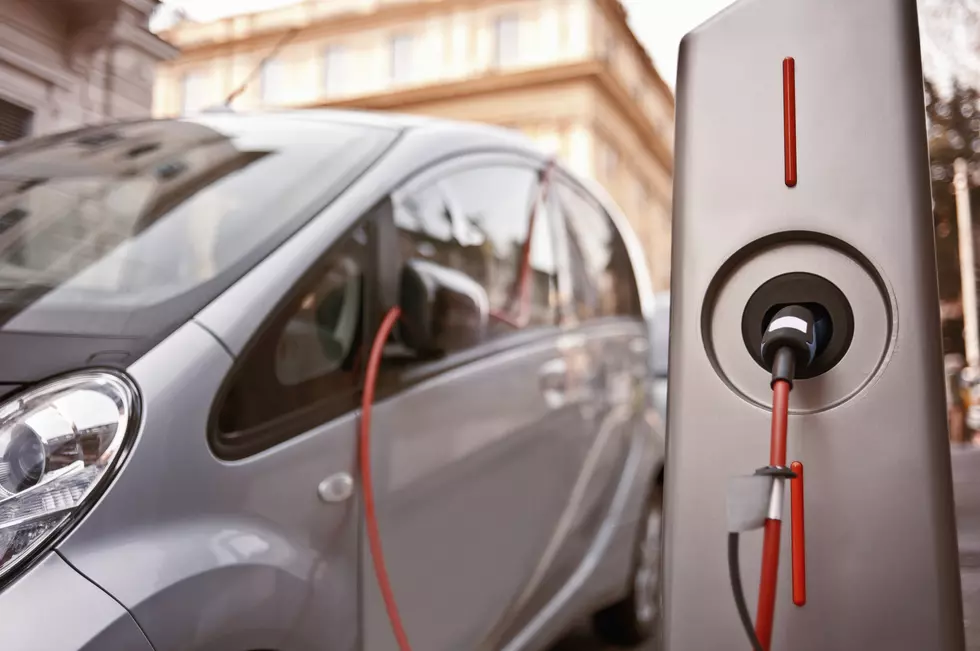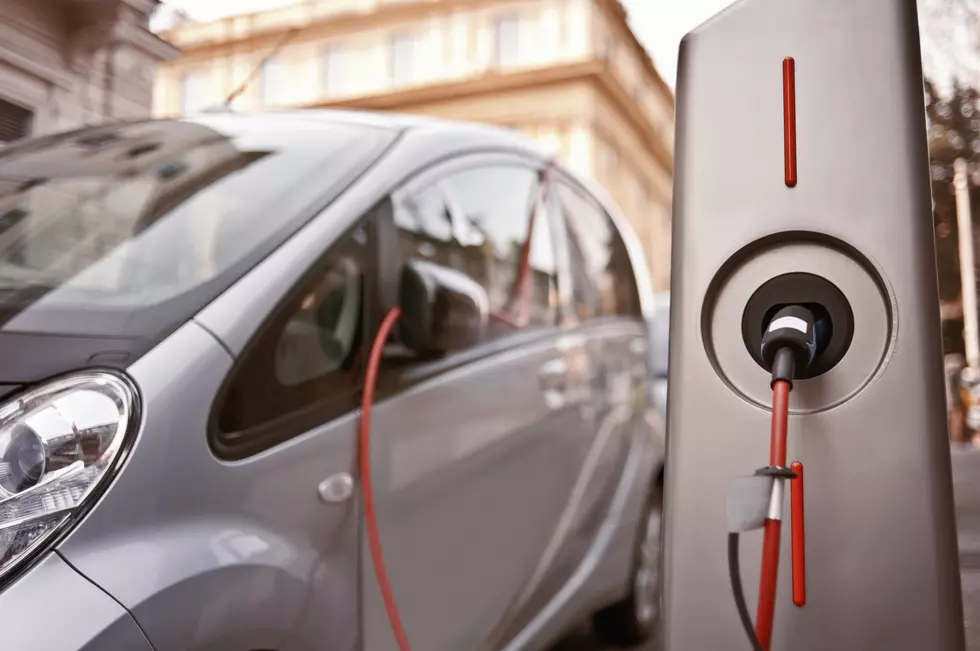
Minnesota’s Vehicle Emissions Standards Are Tied To California, Will We Go Electric?
Auto owners in the Midwest probably casually noticed California's recent announcement about going "all electric" by 2035. And then, they went back to putting the key in the ignition of their "normal" gasoline-powered vehicle.
But not so fast.
It's probably not a well-known fact, but Minnesota's vehicle emission standards are tied to those in California; what goes on in that state as far as emissions standards go can have a direct effect on Minnesota drivers - even though it's across the country from the Northland.
It all has to do with the Clean Air Act - which was initially enacted in 1963, with amendments throughout the years. The regulations determine the United States' policy in regards to environmental items. That also translates into what local governments do at the state level.
What does all of that mean for Minnesota drivers and electric vehicle requirements?
Well, a line-item on the U.S. Environmental Protection Agency's Clean Air Act has strong implications for drivers in all states:
"Under the Clean Air Act, states must abide by the federal government's standard vehicle emissions standards unless they at least partially opt to follow California's stricter requirements."
Minnesota is one of those states - along with 12 others. Those other states include Colorado, Connecticut, Delaware, Maine, Maryland, Massachusetts, New Jersey, New Mexico, New York, Nevada, Oregon, Pennsylvania, Rhode Island, Virginia, Vermont, and Washington.
So does that mean that all vehicles sold as new in Minnesota will need to be all electric or hydrogen-powered by 2035? Yes and no.
Yes - the current vehicle emission standards followed by the state would make California's standards "the rule of the land". However, that doesn't mean that Minnesota auto dealers, state legislators, and drivers are ready to just do that.
For one thing - there are a lot of differences in weather-demands on vehicles between Minnesota and California. Even as environmentalists tout the benefits and auto manufacturers make continued improvements, simply put - most electric vehicles are not ready to take on a long, cold, harsh Minnesota winter. At least not yet.
That's why politicians and the Minnesota Auto Dealers Association are putting the issue in the crosshairs of the upcoming November election:
"Minnesota's auto dealers are trying to make their state's current rules - and the possibility that they could tighten to incorporate California's new restrictions - an issue for the fall elections. Control of the Legislature and [the] governor's office are up for grabs, and the dealers hope to persuade the 2023 Legislature to roll back the regulations unless they win in court first."
Current Minnesota Governor Tim Walz is a key player in the decision making process. Walz has been a proponent of both electric vehicles and using California as a benchmark:
"The Minnesota Pollution Control Agency, with Walz's support, adopted California's existing standards through administrative rulemaking last year amid a bitter fight with Republican lawmakers who were upset that the Legislature was cut out of the decision.
Walz and his administration have framed Minnesota's Clear Cars rule as a fairly painless way to increase the availability of electric vehicles and help the state meet its greenhouse gas reduction goals."
For their part, Minnesota auto dealers "don't oppose electric vehicles", but they also have statistical reasons to want to proceed at a slower pace (than California). Electric vehicles "currently make up 2.3% of new vehicle sales in Minnesota". And while interest is sure to increase, the number of vehicle buyers lining up to purchase them is much less than California.
And then it's back to the cold weather problem. "[T]he reduced range of battery-powered vehicles in cold weather makes them less attractive in northern tier states".
It's those reasons - and more - that have Minnesota Auto Dealers Association President Scott Lambert pressing the state to proceed slowly. He offers "Minnesota's rules already threaten to saddle dealers with more electric vehicles than their customers will buy.....[A]dopting the California ban would make things worse."
10 Foods Northlanders Must Have To Go Camping
See the Must-Drive Roads in Every State
LOOK: See how much gasoline cost the year you started driving
More From Sasquatch 92.1 FM









